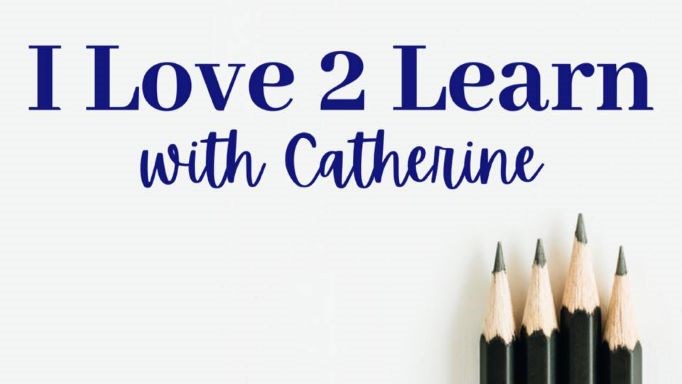The Lost Tools of Writing: Class Highlight
Monday, January 30, 2023 by Catherine Gilliland | Class Highlight
.png)
This is what The Lost Tools of Writing teaches. Students acquire and practice one new writing tool for each step in the writing process, incrementally putting them together in every new essay. They learn how to discover new ideas and deepen their understanding of them, they learn to arrange their ideas according to established written structures, and to communicate these ideas in an engaging and appropriate manner.
Every class includes oral review or games, new instruction, group and individual practice.
If we were to ask a crowd what they find challenging about the writing process, what would they relate? When surveying groups, I hear answers like these:
-
Getting started
-
Impacting the reader
-
Arranging ideas
-
Having enough to say
-
Not saying too much
-
Wording ideas just right
Can you relate? Do you notice that each of these fits into one of three broad categories: coming up with ideas, putting ideas in order, and expressing ideas appropriately. These are the skills The Lost Tools of Writing teaches.
These are the universal writing challenges every writer faces. If you can solve them, you can write effectively. Put simply, to write well is to come up with something to say, to put your materials in the best order, and to express your thoughts appropriately. The process begins with thinking deeply and ends with communicating those thoughts articulately to others.
Solving these challenges was the goal of classical rhetoricians. They noticed that people overcome them by working through three stages, one for each challenge. They gave these stages names, which translate to English as follows:
-
Invention (coming up with ideas)
-
Arrangement (structuring your ideas)
-
Elocution (expressing your ideas clearly and articulately)
The word canon comes from the Greek word denoting a straight rod or rule for measuring objects. The solutions of classical rhetoricians comprise three canons (rules) of classical composition that you will find in The Lost Tools of Writing.
For each essay, students acquire and practice one new writing tool for each canon, incrementally putting them together in every new essay. In short, students in this class learn how to discover new ideas and deepen their understanding of them, they learn to arrange their ideas according to established written structures, and to communicate these ideas in an engaging and appropriate manner.
IEW TWSS Writing Classes
Wednesday, December 21, 2022 by Catherine Gilliland | Class Highlight
.png)
Parents will ask me, "What is a class session of IEW TWSS like?"
Simply put, TWSS curriculum is a gentle, engaging curriculum that adds simple formulas to the process of writing. The formulas address appropriate structures for different writing purposes along with elements of style that create an engaging written end product. Every skill is practiced in each subsequent piece, providing ample experience to guide a writer from the novice level to more advanced over the scope of the curriculum.
Since students write a short composition every week, we always take time at the beginning of class to read our essays aloud for each other. An element of writing motivation is added to the composition process when one knows that they will be sharing their writing with their classmates. Their thoughts and effort are given a voice! Students also share "Roses & Thorns" about their writing experience, thus practicing self-reflection, evaluation, the celebration of successes and acknowledgment of skills that need more work. Students also experience the encouraging and constructive input from their peers, fostering a supportive, non-threatening group atmosphere.
A new skill is introduced each week. We practice the new skill as a group, then sometimes we practice that skill in the form of a revision on a piece of our own previous writing, ending with opportunities to share with the group what we discovered. Although lessons are primarily focused on the process of writing, elements of grammar, vocabulary, and literature are woven into our practice and conversations, assisting the students in their understand that ultimately, all academic skills are be blended together in various ways.
Finally, students have time to begin their new writing lesson, leaving class with a sense of accomplishment. When students begin the assignment in class, they also have the opportunity to test their own understanding and ask questions that ultimately benefit the entire group.
If your student has been studying IEW Level A on their own and you believe they would benefit from joining one of our groups, we are welcoming new classmates! Reach out to me so we can coordinate how to make the change as stress-free as possible for your young writer!


